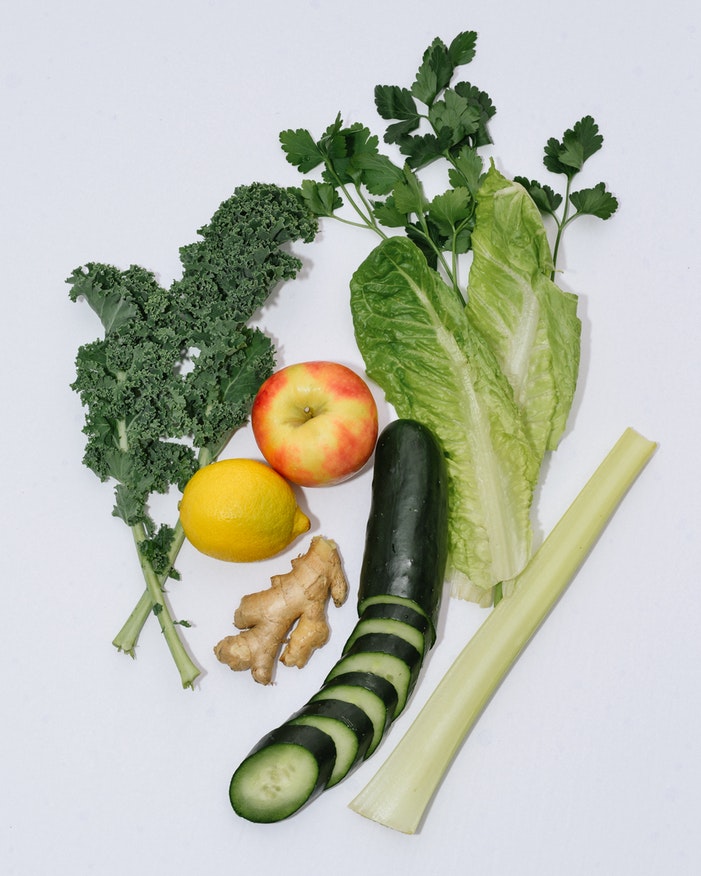UPDATES: E. Coli, Romaine lettuce and foodborne illness
December 4, 2018
Along with the fact that it’s the season of sickness, reoccurring allergies, and an overall month of over-eating and unhealthy indulgence, some recent alarming news about a beloved vegetable has come to the light.
Romaine Lettuce was deemed unsafe before Thanksgiving last week, with many news sources jumping on to the story. According to online source VOX, in an article titled “It’s still not safe to eat romaine lettuce,” The Centers for Disease Control and Prevention (CDC) issued a warning and instructed all romaine to be thrown out. This was in result of an apparent E. coli outbreak that sickened 32 Americans in 11 different states, including California, Illinois, Connecticut, New York, Ohio, New Jersey, Massachusetts, Maryland, Michigan, New Hampshire, and Wisconsin, not including the cases in Canada.
For a reader who is uninformed on what E. Coli is, it’s a certain form of bacteria that can be found in the intestines of humans and other animals. It is common and usually harmless, except for specific strains that can have dangerous effects on the body, even resulting in death.
Now, this outbreak has stirred up a lot of responses from social media users. The hashtag #romainelettuce on Instagram has collected all the recent posts and memes about it, with over 74 thousand people mentioning it. Many users have also been quite confused and frightened by the whole thing.
The account @consumerreports a non-profit organization that as described in their bio: “works side by side with consumers to create a fairer, safer, and healthier world,” has even been releasing updates to keep people from eating the bad lettuce. They also use subtle humor to lighten the news as can be seen in the most recent post.
“Do not buy romaine lettuce and don’t use any you may have until there is more information in the source of contamination. When in doubt, throw it out. Reminder, washing contaminated foods will not kill the harmful bacteria. Tag a Caesar salad eater to let them know,” they wrote.
Second to Romaine on the list of ODC Current Outbreak List, announced back in October, was a multidrug-resistant Salmonella case on raw chicken. That time, 92 Americans were effected, with 22 ending up in the emergency room in 29 different states.
We did some research and turns out– according to the US National Library of Medicine National institute of Health’s Website,” Multidrug resistant (MDR) bacteria are one of the most important current threats to public health.”
So why wasn’t more of the public informed of this case or any of the many others? Perhaps it’s because cases like these have been occurring at an increasingly fast and frankly worrying rate that can’t simply be focused on enough.
As of 2009-2015 as reported by the CDC, more than 9.4 million illnesses each year are caused by foodborne illnesses. The Foodborne Disease Outbreak Surveillance System (FDOSS), had data that would chill any foodie straight to the bone.
“100,939 illnesses, 5,699 hospitalizations, and 145 deaths in these years,” caused by foodborne illness, disclosed by the organization.
Turns out there are, thankfully, a few no-brainer ways to keep yourself protected (to-an-extent) from foods that generally make people sick.
If you’re a food worker or handler:
- Avoiding Cross-Contamination or the use of shared cutting boards for raw meat and ready to eat vegetables (this is a well-known issue, being mentioned and questioned on the Washington State food-handlers test).
- Cooking Meat at 160 F being the bare minimum
- Freeze and refrigerate perishable foods right away— especially meats.
For consumers:
- Remember to always wash hands, counters and prep-area thoroughly
- Become a SAFE well-done meat connoisseur (unless you’re a medium rare and below kind of guy or gal; then you do you)
- Know your sources for all things nutrition and actual data
- Listen to the experts and don’t eat your favorite creamy chicken caesar salad with romaine when the news says it’s contaminated
- Keep deep-thinking and pondering on the risks to better inform oneself
Sources and further info:
The Foodborne Disease Outbreak Surveillance System
https://www.cdc.gov/fdoss/index.html
Centers for Disease Control and Prevention
https://www.cdc.gov/salmonella/infantis-10-18/index.html
https://www.cdc.gov/ecoli/2018/o157h7-11-18/index.html
Delaware Online Media
VOX News and Stories
Google and other credible sources
https://scholar.google.com/scholar?q=E.+Coli+Information&hl=en&as_sdt=0&as_vis=1&oi=scholart
Want to get involved? Submit a letter to us at:
https://rhshawkeye.com/sumbit-a-letter/
Want more info? You can contact me at:







